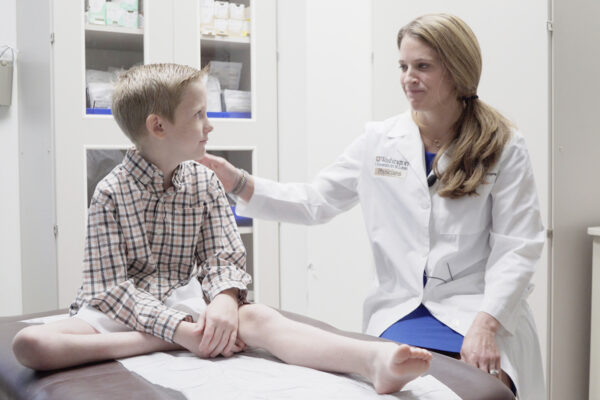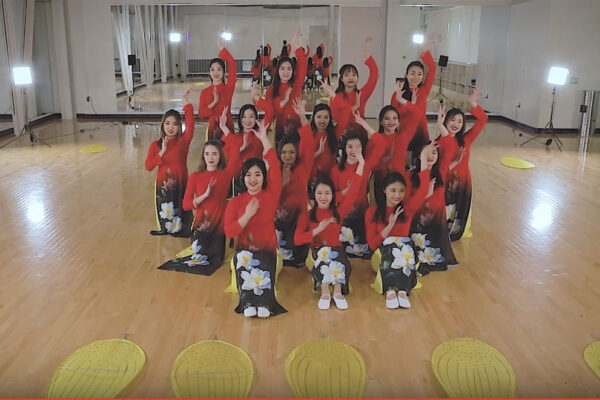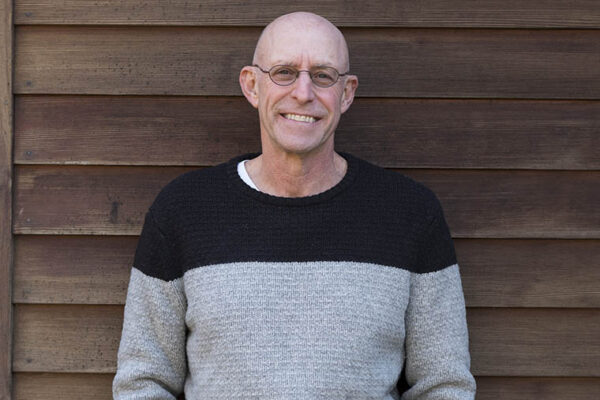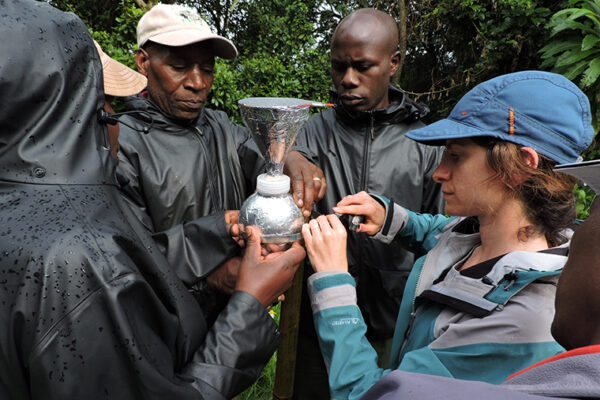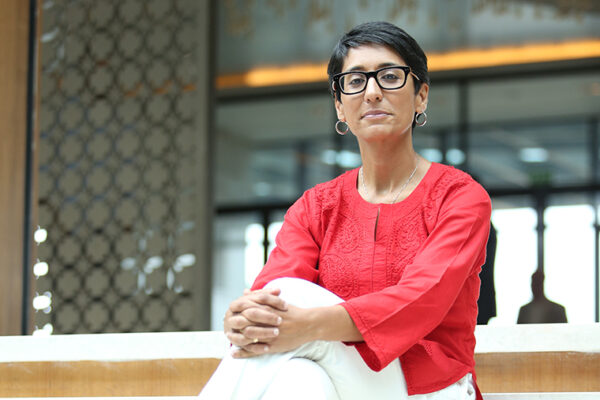Nerve transfer surgery gives hope to children with rare paralyzing illness
School of Medicine surgeon Amy Moore, MD, has performed nerve transfer surgeries on children stricken with a rare paralyzing illness called acute flaccid myelitis. Researchers believe the condition may be caused by a common enterovirus.
Parking and Transportation provides updates, alerts for spring
The university’s Parking and Transportation team is sharing plans for the months ahead, from town halls with Metro officials to shuttles and alerts about parking restrictions around major campus events.
Trump’s legacy still uncertain, suggest experts on nation’s collective memory
While Trump’s legacy may indeed hinge on his ability to overcome partisan differences, ongoing research from Washington University in St. Louis suggests that most U.S. presidents are destined to fade quickly from the nation’s collective memory.
Lunar New Year Festival introduces Vietnamese lotus dance
The Lunar New Year Festival returns to Edison Theatre Feb. 8 and 9. In addition to the Vietnamese lotus dance, the annual show will feature the Chinese fan, Korean standing drums and Philippine tinikling.
Annual contest showcases ‘old friends’: photography and anthropology
PhD candidate Dick Powis likes to joke that if a picture is worth a thousand words, then he should be allowed to submit 100 photographs for his dissertation. His photo is one of many showcased in the Department of Anthropology annual photo contest. Glenn Stone, a professor in Arts & Sciences, started the contest a decade ago to showcase the stunning photography his students bring back from the field.
Assembly Series spring lineup focuses on society’s perplexing problems
Washington University’s Assembly Series will feature prominent authors and experts covering topics seeking to find solutions to some of society’s toughest challenges. The lecture lineup opens Feb. 21 with Michael Pollan and concludes April 17 with Michael Barbaro and a panel on the “fake news” culture.
Rogers, Wehner to discuss religion, polarized politics Feb. 12
“Revitalizing Democratic Pluralism” will be the focus as political scholars Melissa Rogers and Peter Wehner take the stage for a public forum on polarized politics at 7 p.m. Tuesday, Feb. 12, in Knight Hall’s Emerson Auditorium.
Understanding tropical rainfall, both past and present
A recent study in Geophysical Research Letters proposes a new way to leverage signals contained in water molecules to decode the atmospheric processes that accompany changing tropical weather and climate patterns.
Day of Discovery, Dialogue & Action to focus on dialogues across differences
The Washington University in St. Louis community will come together Feb. 19-20 for the fifth annual Day of Discovery, Dialogue & Action event. This year’s theme is “Dialogues Across Difference” and will focus on the ways we communicate with each other, particularly on difficult topics and during challenging times.
Less anesthesia during surgery doesn’t prevent post-op delirium
One in four older adults experiences delirium after surgery. However, School of Medicine researchers have found that closely monitoring brain activity and minimizing anesthesia if needed has no significant effect on the occurrence of delirium.
View More Stories
